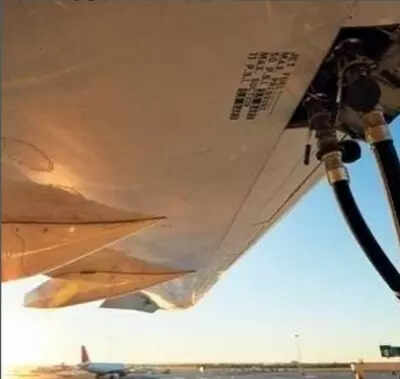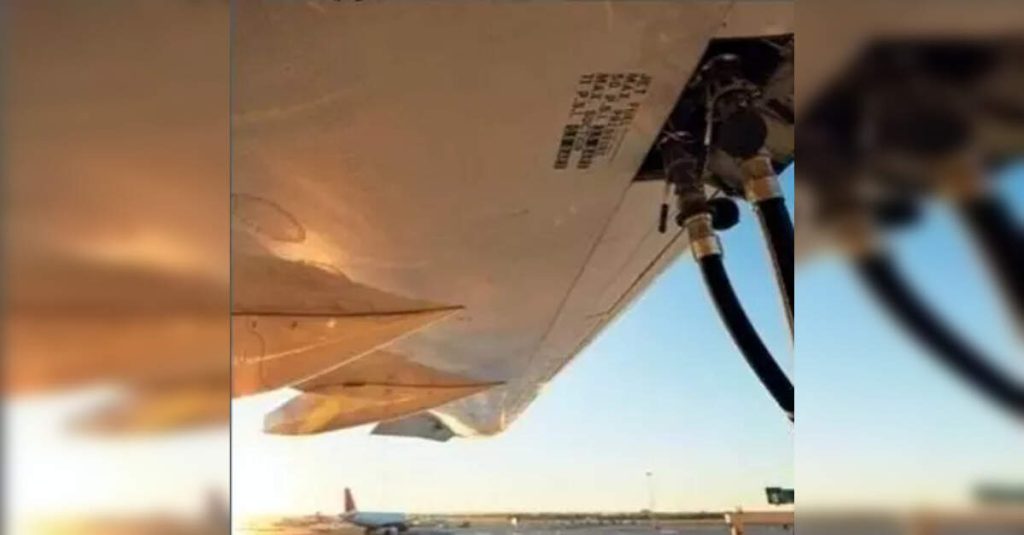
New Delhi: India plans to blend 5 per cent Sustainable Aviation Fuel (SAF) in aviation fuel by 2030, with intermediate targets of 1 per cent blending by 2027 and 2 per cent by 2028, Union Civil Aviation Minister Ram Mohan Naidu said.
Speaking at the launch of the SAF Feasibility Study, undertaken by the Ministry of Civil Aviation in partnership with the International Civil Aviation Organization (ICAO) and supported by the European Union, the minister said SAF can reduce lifecycle CO₂ emissions by up to 80 per cent compared to conventional fuel.
“SAF is a practical and immediate solution to decarbonize the aviation sector. With over 750 million metric tonnes of available biomass and nearly 230 million metric tonnes of surplus agricultural residue, India has the capacity not only to meet its own SAF demand but also to emerge as a global leader and exporter,” Naidu said.
He pointed out that India has already designated COTECNA Inspection India Pvt. Ltd. as the country’s first SAF certification body, while Indian Oil Corporation’s Panipat Refinery has become the first certified SAF producer. According to him, SAF production will also help reduce crude imports, cut emissions by 20-25 million tonnes annually and create value chains for agricultural residue and biomass to boost farmer incomes.
The two-day workshop at Udaan Bhawan, New Delhi, brings together ICAO, EASA, DGCA, industry stakeholders and government departments to deliberate on the findings of the report prepared under the ICAO ACT-SAF programme. The study assesses domestic feedstock availability, viable production pathways, infrastructure, policy readiness and enabling conditions for a domestic SAF market.
Civil Aviation Secretary Samir Kumar Sinha said India is committed to the UNFCCC framework and noted that the country already operates one of the youngest and most fuel-efficient aircraft fleets in the world. He added that 88 airports have transitioned to 100 per cent green energy usage.
Director General of Civil Aviation Faiz Ahmed said India, as the third-largest aviation market with passenger traffic expected to double to 500 million by 2030, will use the SAF study as a strategic input to shape the national SAF policy framework.
Jane Hupe, Deputy Director (Environment), Air Transport Bureau, ICAO, also addressed the event, underscoring the role of global cooperation in creating an enabling ecosystem for sustainable aviation.
The Civil Aviation Ministry said the SAF feasibility report is a key step in creating a robust SAF ecosystem in India, with strong supply-side potential from energy crops, agricultural waste and municipal solid waste.


